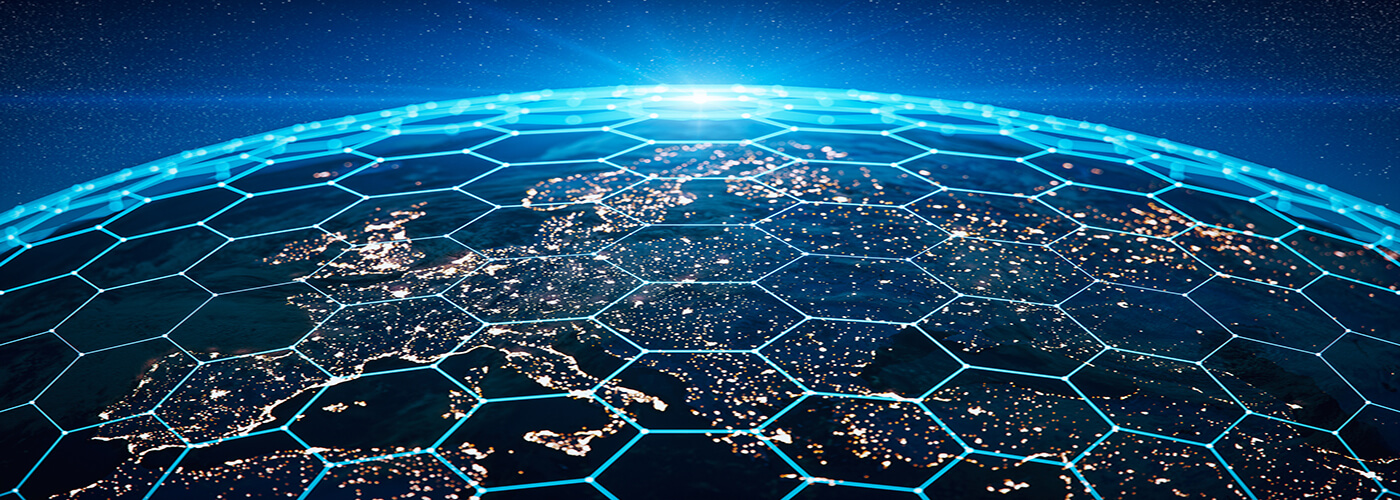Bitcoin Could Be a Good Investment in a Time of War
There was a moment in 2018 when North Korea threatened to launch an EMP, or electro-magnetic pulse, attack on the U.S. Had there been action behind that idle threat, the pulse would have turned electronics into expensive bricks.
All of which raised a question in the mind of a reader, Frank D., who sent me an email last month:
What would happen if our electrical grid were attacked or was otherwise knocked out long term; or an EMP were to affect our computers and servers [causing] long-term disconnection of the internet? How would we recover information relative to our accounts, unless we produce a hard copy of each transaction?
In light of the outbreak of conflict in Europe, with the Russian invasion of Ukraine, I thought it a good time to address this question. I am not predicting any kind of events that would make this dispatch a necessity. I’m just saying that a war footing brings such issues to the forefront, even if only in a precautionary way.
The EMP question is a good one to consider, particularly given the technological age we live in, and the fact that warfare in the future will be technological and financial in nature. You could potentially do more damage by disrupting technology and finances than you could with conventional weapons.
Before we dive into the deep end of geopolitical warfare and its impacts on our wallet, let’s define what happens in an EMP attack.
It’s an extremely powerful burst of electromagnetic energy. It can result from a thermonuclear explosion high up in the atmosphere, or from natural causes such as solar flares. Whatever the source, the result is similar: The pulse knocks out electrical grids.
And if the electrical grids are down, that has huge ramifications on everything from powering your house to accessing your money (banks would be shuttered and credit/debit card payments would not work).
Getting to Frank’s point, it would also impact bitcoin and cryptocurrencies because they operate on the internet. No access to the internet, then no access to crypto. Seems logical.
Only, that’s not the whole story.
In an EMP attack, crypto might actually be the asset you want to own.
See, while banking is local, crypto is global.
If your branch of First National Bank of Anywhere shuts down because of an EMP, then it’s shut down everywhere in your vicinity. You can’t access your accounts until the bank is back online and can rebuild its accounts from backup servers. You won’t have access to ATMs, nor will your credit/debit cards work at point-of-sale readers.
You will be stuck in a barter economy until systems are back to normal after weeks or months.
But crypto…
The blockchain is a distributed ledger. All the crypto transactions are recorded on thousands, or even tens of thousands of computers all over the world.
The way to think about this is to imagine a set of books that record every transaction that happens on the blockchain. Every time a new transaction happens, it’s recorded in every single book at the same time, and it can never be erased.
So, in an EMP attack on America, the books that exist in the U.S. would certainly be offline. But the books that exist elsewhere in the world would still be functioning properly and recording transactions. When you’re back online, everything is the same as it was. Your crypto holdings would be just as you left them.
To go a step further, there’s a service called Blockstream Satellite trying to provide access to the blockchain by way of, well, satellite. In an EMP pinch, if you can get access to any kind of power—solar, wind, whatever—your smartphone or PC or tablet would be able to access the satellite and, thus, the blockchain…and your crypto.
At the end of the day, yes, an EMP attack would be quite the challenge to navigate in the early days. It would cause a great deal of confusion, fear, hand-wringing etc. But the blockchain would survive. It would very likely be the source of spending power for a lot of people.
Yet another reason to have some of your wealth in crypto—an emergency slush fund when you need it most.

